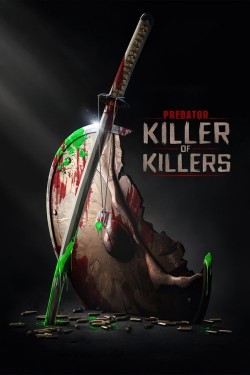
A History of Britain
Simon Schama's Complete History of Britain, which covers the time period from the Stone Age to the year 2000, does not pretend to be an authoritative chronicle of the turbulent events that buffeted and shaped the British Isles. The book covers the time period from the Stone Age all the way up to the year 2000. What Schama does do, however, is recount the story in vivid and captivating narrative terms, free of the fustiness of typical academe, and personalize crucial historical events by exploring the major personalities at the center of them. Even though not all historians would agree with Schama's interpretation of history, which depicts it as being shaped primarily by the actions of great men and women rather than by more abstract developments, Schama's way of telling it is a good deal more captivating as a result of this interpretation. Schama debunks with flying colors the notion that British history has been moderate and temperate, that it has been handed down down the generations as stately as a galleon, that it has taken on board decent ideas but has avoided sillier and more revolutionary ones. Nonsense. Schama retells British history in a way that is accurate to how it actually transpired, describing it as brutal, convulsive, precarious, hot-blooded, and coming multiple times within an inch of veering off onto an altogether other course. It almost looks as though Schama takes pleasure in the gruesome aspects of history. The battles between Catholics and Protestants, as well as the wars between the Scots and the Irish, are reoccurring themes; yet, only the Irish question has not been settled by the turn of the millennium. Schama is shifting his focus away from monarchs and toward poets and thinkers like George Orwell as the United Kingdom moves toward a constitutional monarchy. Still, Schama makes history appear as though it took place just yesterday, the bloodstains not yet dry on the clothes, using his abrasive, direct way and set against an evocative visual and audio backdrop.
Read full

















Discussion